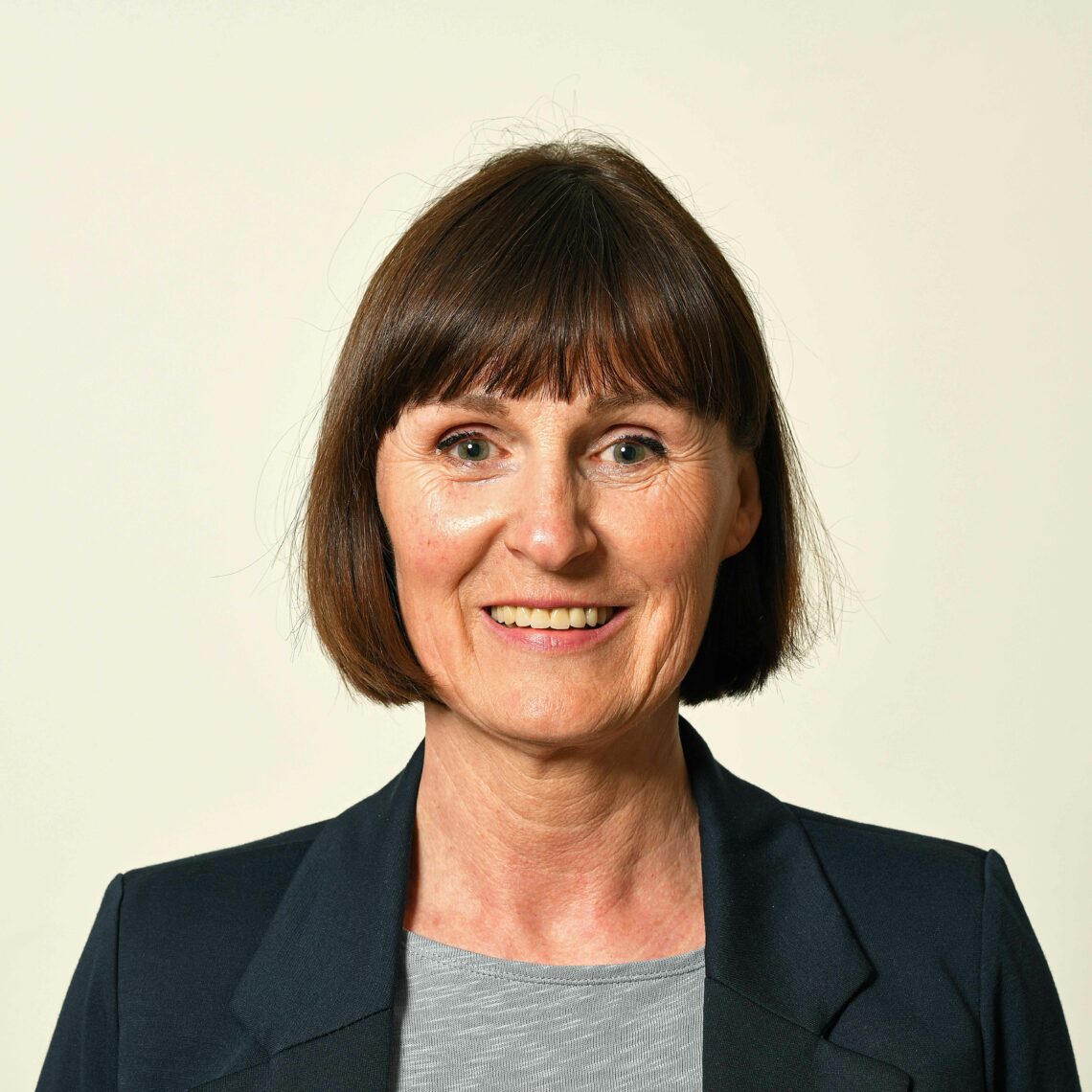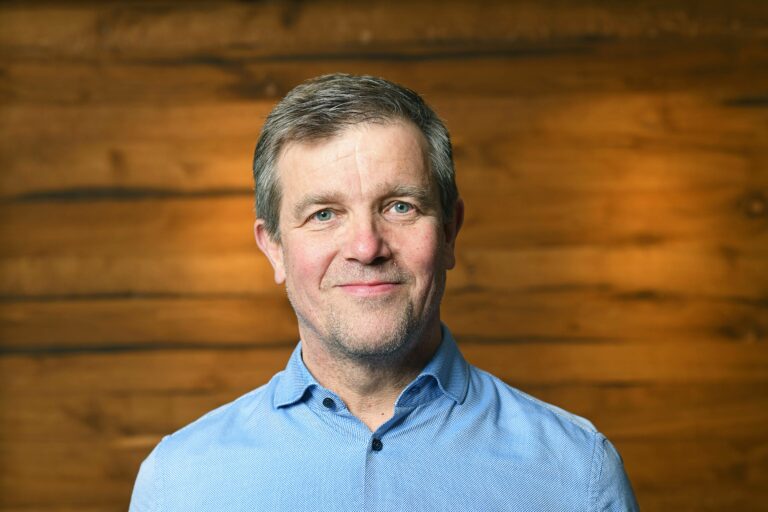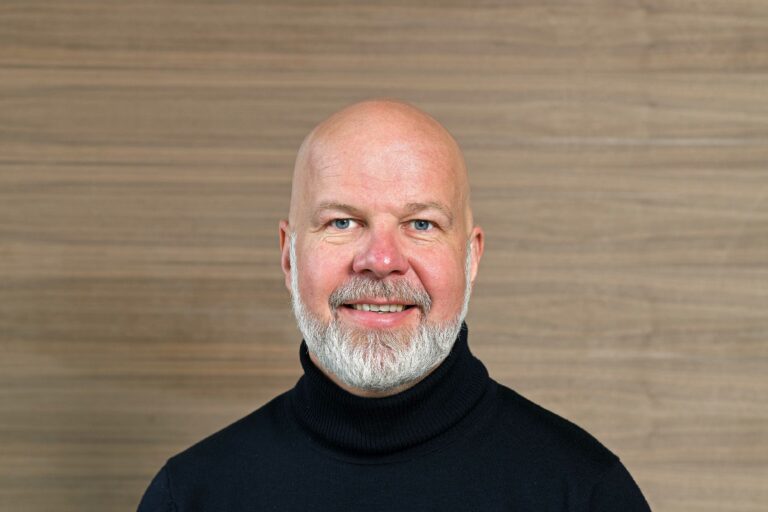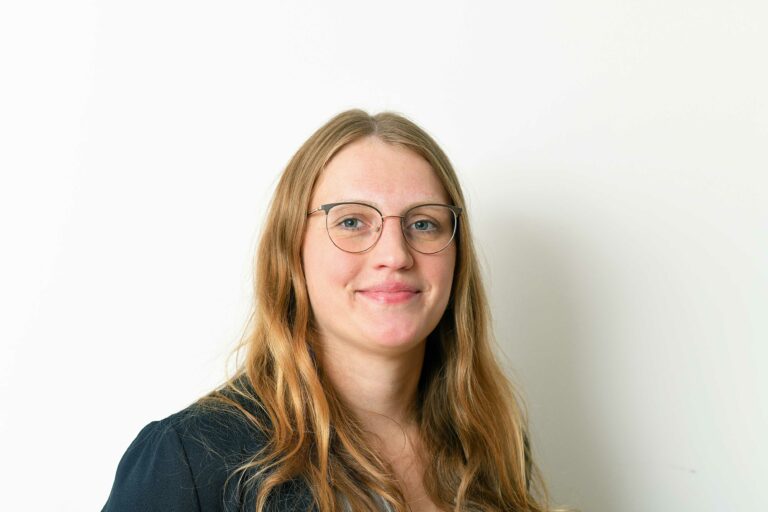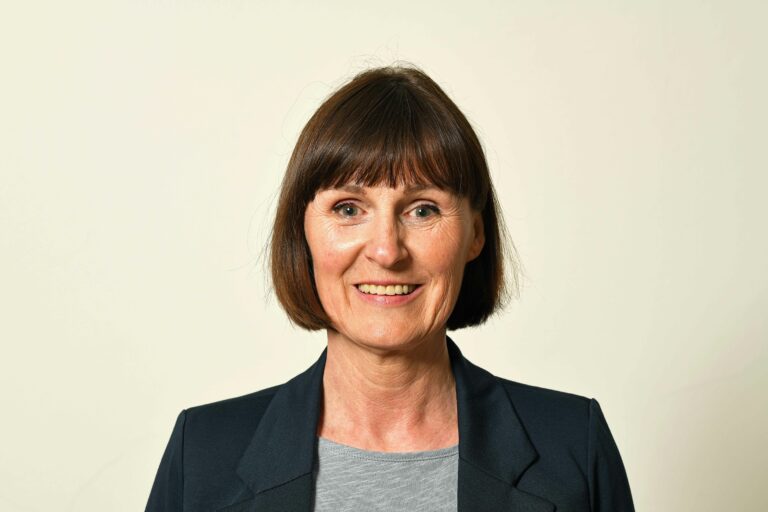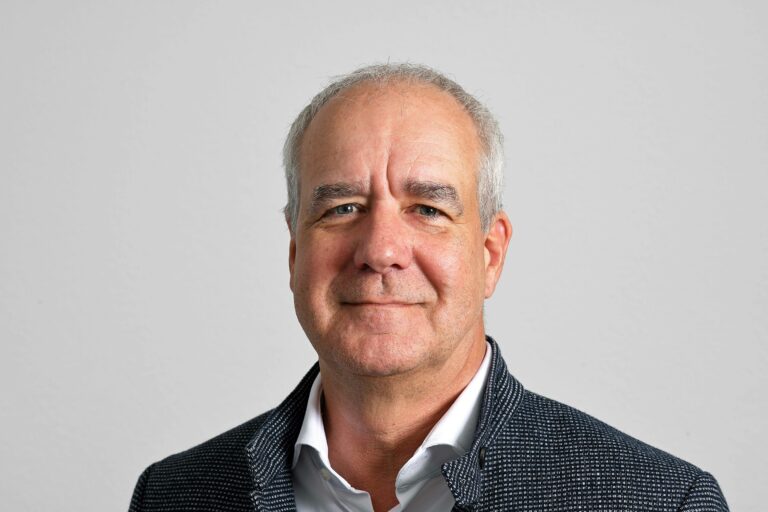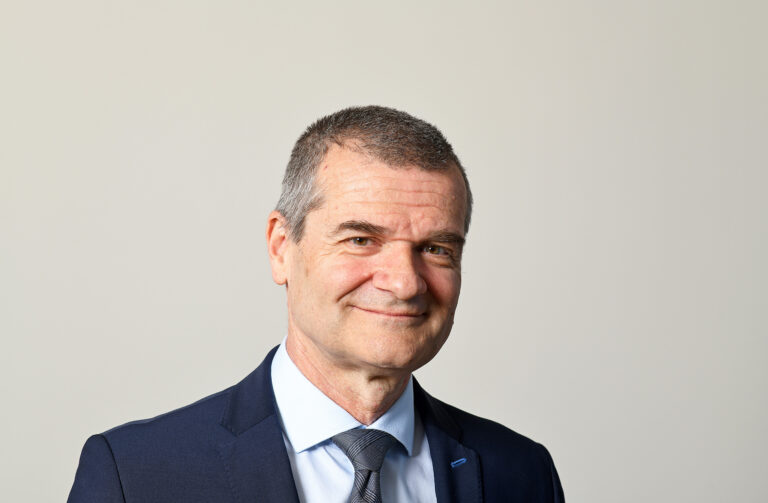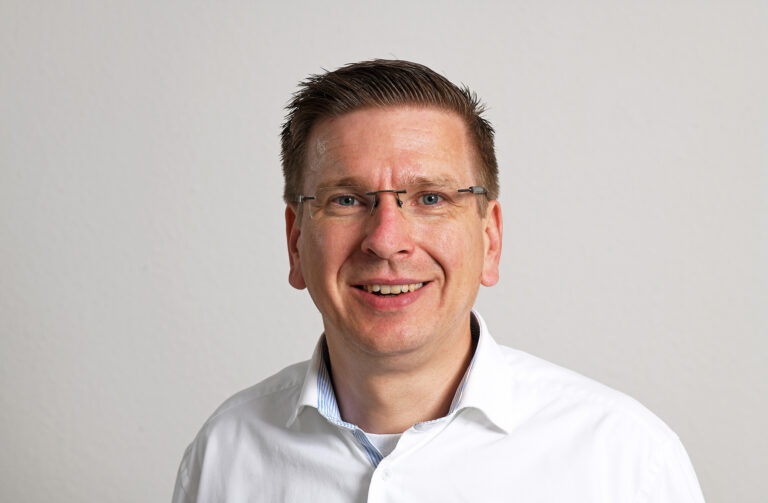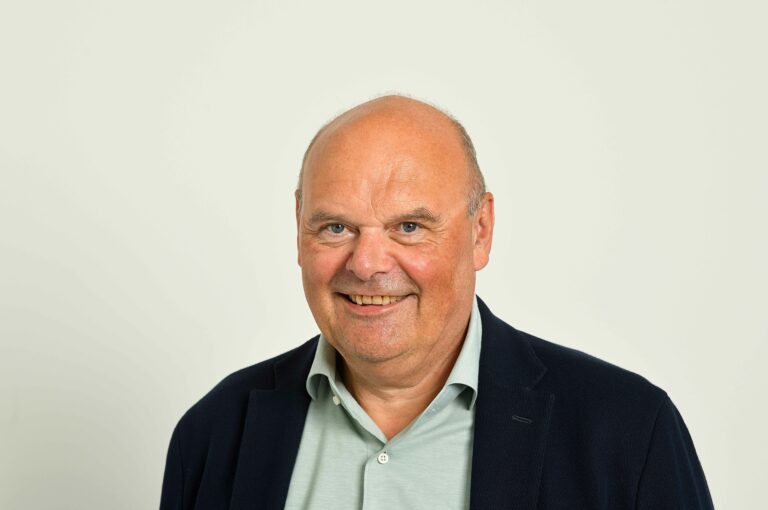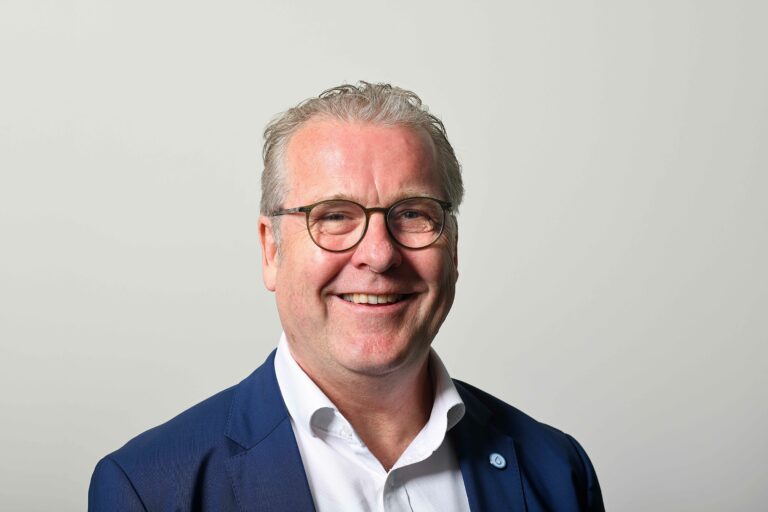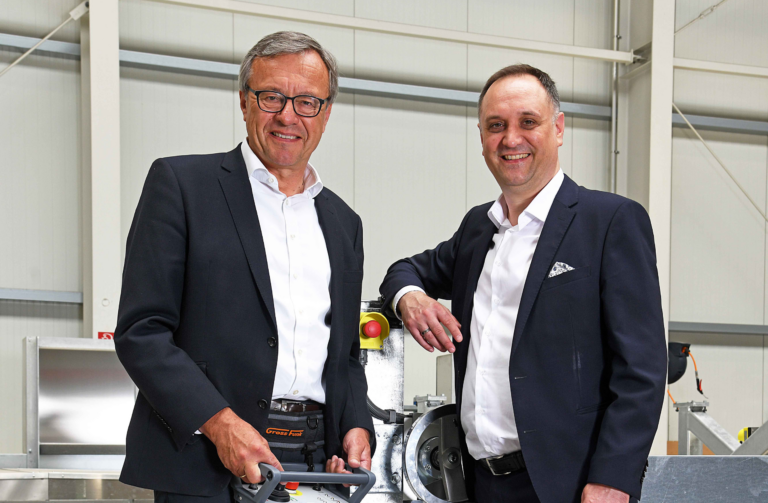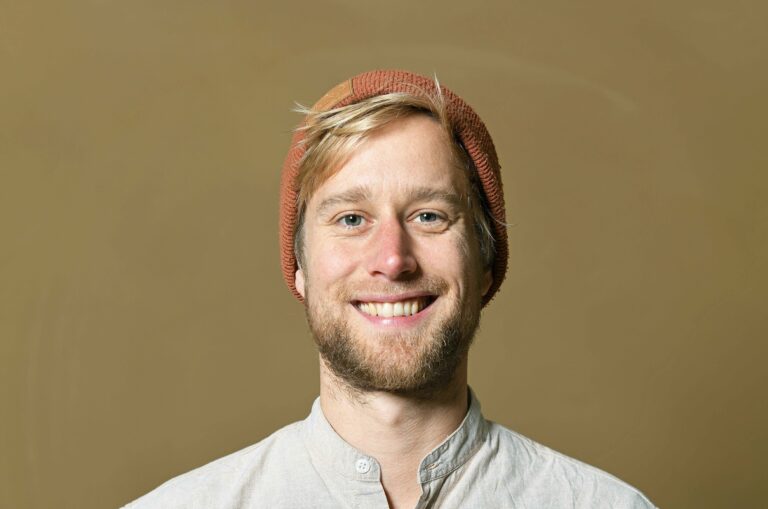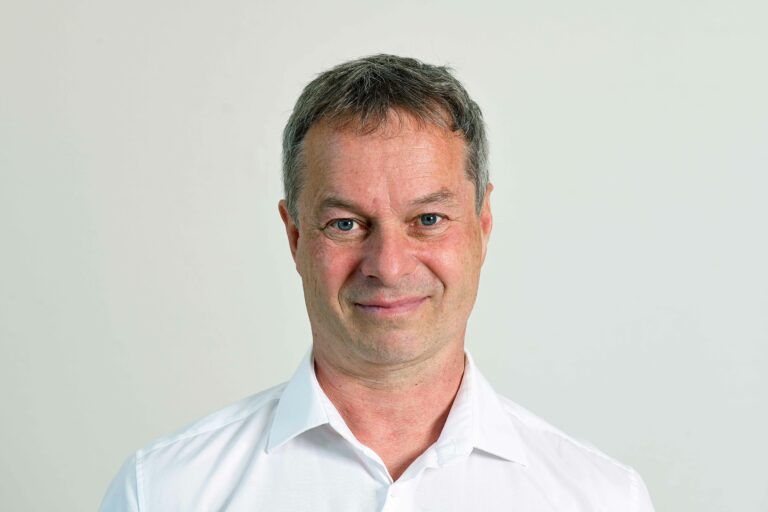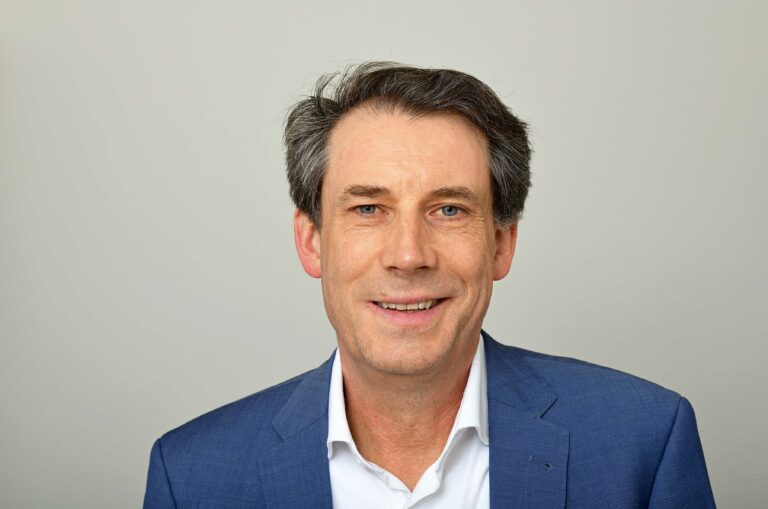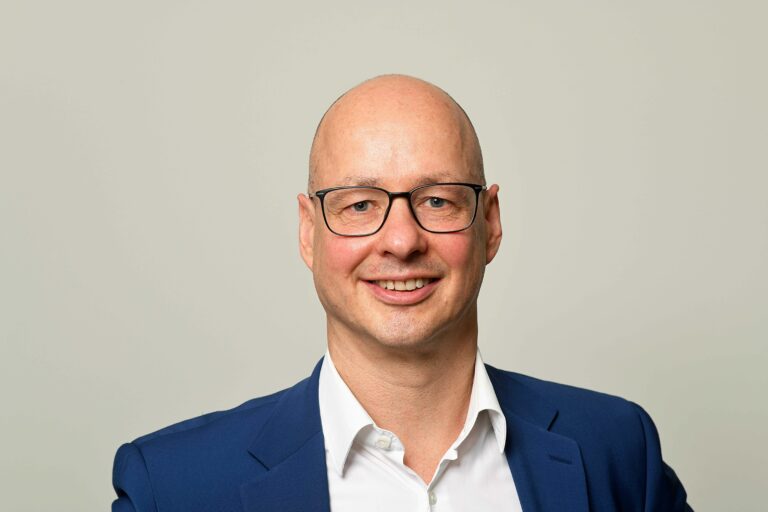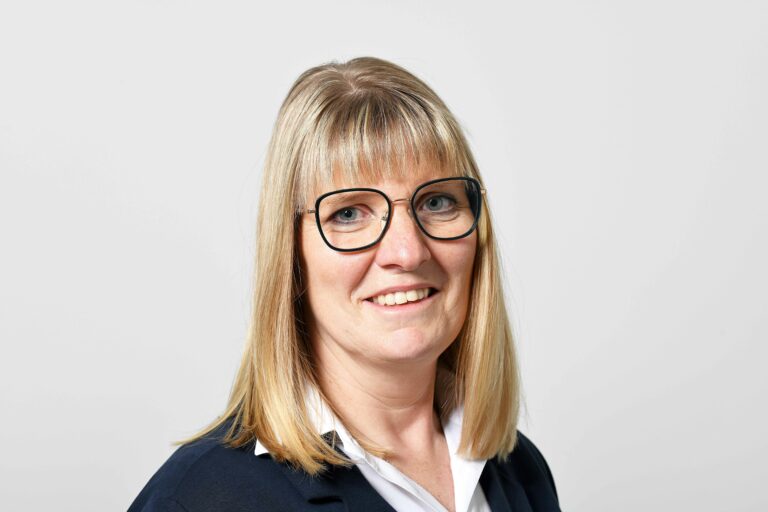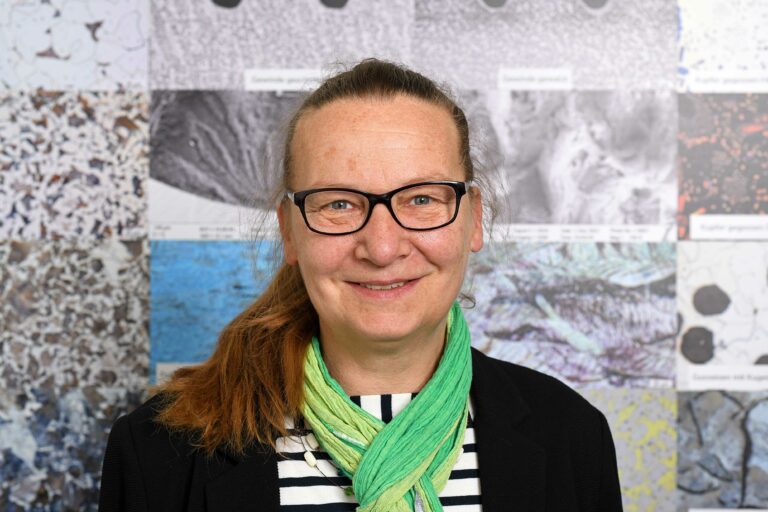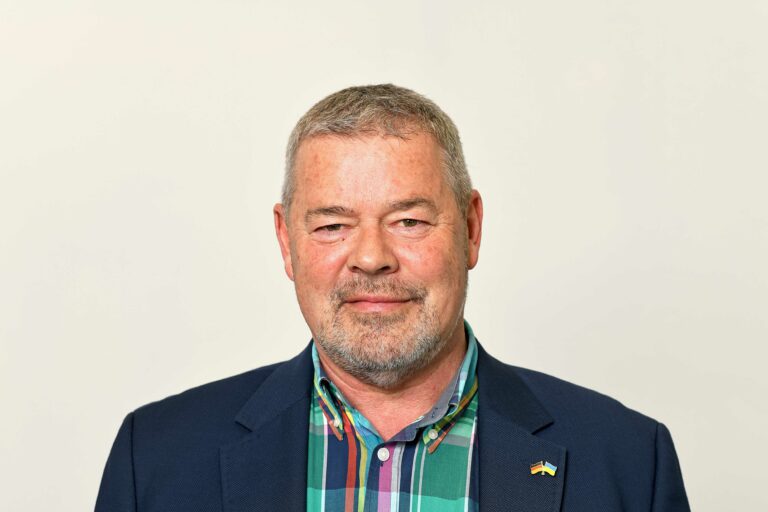Tourism is an important economic factor. It benefits not just the hospitality trade, private landlords, transport companies and tour operators, but also other sectors of the economy such as retail trade and the services industry.
For more than 30 years, the Mecklenburg-Schwerin tourist board has played the role of tourism development agency for Western Mecklenburg, particularly for the rural district of Ludwigslust-Parchim, also working in close cooperation with the Stadtmarketing-Gesellschaft Schwerin mbH (Schwerin city marketing). The focus is on committee work as well as networking and lobbying on behalf of tourism development in the region, with an increasing shift in emphasis towards living space management, as well as marketing Mecklenburg-Schwerin is a holiday region. The association office acts as a destination management organisation, serves as a troubleshooter and networker, and is involved in an advisory capacity in the most important committees that are devoted to regional development. Martina Müller has been the CEO of Schwerin city marketing since 2008, and since 2020 she has been CEO of the Mecklenburg-Schwerin tourist board at the same time. During the interview, she talks about the developments and challenges in the tourism industry.
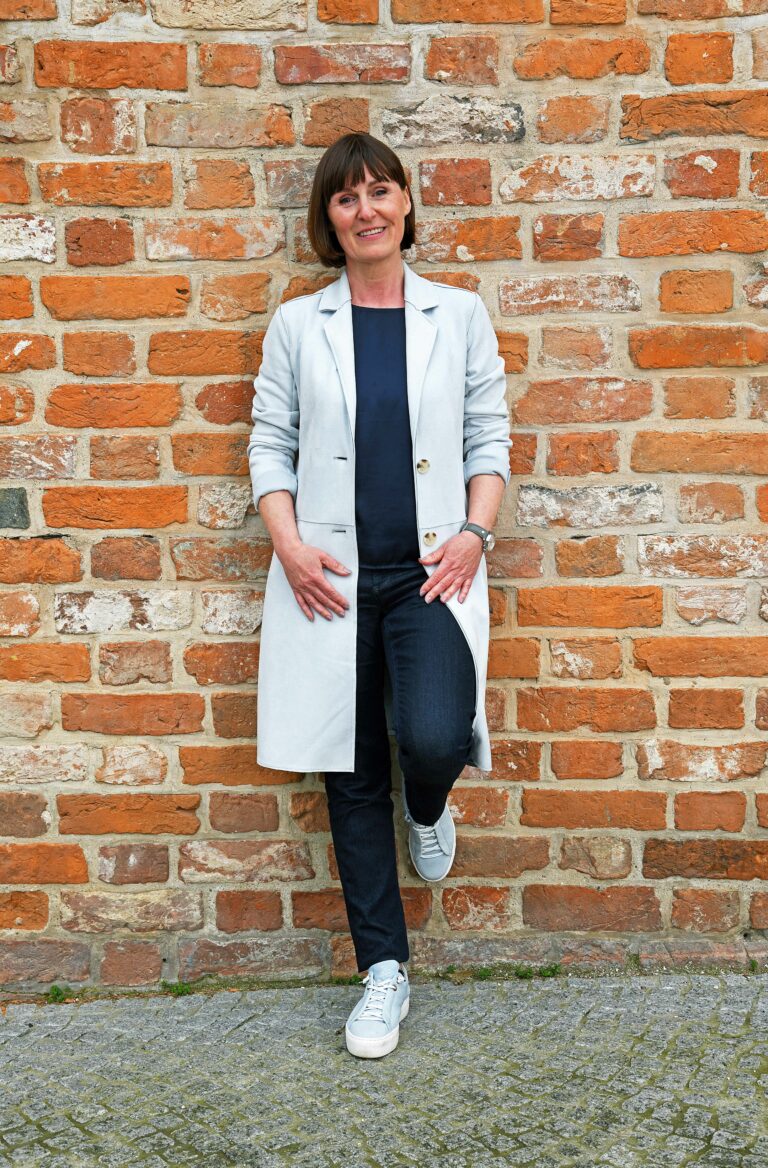
What kind of development has your sector seen in the association’s district in recent years?
Numerous partner networks have emerged that can be integrated in our project work. For several years now we are also having to deal with a ‘changing of the guard’. It is not unusual for tourist facilities to close for age reasons, particularly in the hospitality trade. The Covid pandemic with workers moving to other sectors and then the energy crisis have also had an impact. On the other hand, we have also seen some clear improvements in the infrastructure. Here I could mention among others the upgrade of the A14 motorway that crosses the region from north to south, and the network of cycle tracks. The Federal German Garden Show in Schwerin in 2009 triggered many positive developments. In terms of urban development, this included opening up the city’s waterfront with promenades and open spaces now enticing people directly to spend time on the banks of Schwerin Lake. New providers have arrived in the region, including Texas MV, Elephant Gin and Wittenburg , which is currently in the planning stage. Other smaller scale offerings also enrich the region’s tourism diversity, such as the safari tour around Schaalsee lake or hospitality development in Plau. In terms of guest behaviour, people are staying for longer periods and booking their visit at shorter notice; weekend and city trips are on the increase and there is a growing interest in active holidays surrounded by nature.
How would you entice an imaginary family at Düsseldorf station to come to Western Mecklenburg for a holiday?
Imagine somewhere without car horns, time pressure, stress and poor air quality. A place with quaint half-timbered houses and yellow rape fields. With the sweet smell of wild herbs and moss-covered forest floor, with the cries of ospreys and the humming of bees. All these wonderful places and moments where time seems to stand still. That’s the joy of the outdoors! You can find it with us in Mecklenburg-Schwerin.
Could you convince them?
Yes, because we specifically address “stressed” city dwellers in our main source regions North Rhine-Westphalia and Lower Saxony. Guests also like to come to our region from the cities of Hamburg and Berlin, followed by guests from Mecklenburg-Western Pomerania who enjoy having a holiday in their own state. These were the results of a guest survey commissioned by the state tourism association for 2022/2023. The number of guests here in the region from Hamburg accounts for 4.8%, or more than twice as many compared to the state as a whole. Guests stay for 6.4 nights on average, and the average age is 55.8 years. 73.6% of the survey respondents named nature and the countryside as the decisive criteria for coming to Mecklenburg Western Pomerania. Peace and relaxation were given similar priority. Active connoisseurs with a focus on culture and culinary delights also like coming here. Our region Mecklenburg-Schwerin is thus the perfect place for a holiday: away from the bustle of overfilled beaches and big cities, with lots of water, nature and culture!
Networking is also one of the association’s tasks. Can you give us an example?
One good example is the ‘Kurs Elbe 4.0’ network. It has six partners and emerged from a flagship project of the Hamburg Metropolitan Region. The aim is to improve the general conditions for tourism development on the section of the river Elbe between Hamburg and Wittenberge, together with the development of marketable cross-segment tourism projects. This also includes passenger shipping, as well as integrating already existing facilities. ‘Enni’s Elbe-Abenteuer’ (Elbe adventure) is a web app that was created for families with children as a digital, interactive, playful way to experience the region on the ground. More than 200 little micro-adventures provide exciting entertainment during the next family outing. The adventures are supplemented by snippets of knowledge about the region and short audio stories with Enni, the little water droplet.
Which projects is the association dealing with at the moment?
Implementation management for our regional tourism strategy currently includes the ‘Castles, Culture and Pleasure’ project. The aim is to devise themed adventure routes that link smaller adventure areas. The focus is on developing a castle adventure and pleasure route, particularly for cyclists. Another project called ‘Art-Adventure-Nature’ aims to devise a new leisure tourism option for families in natural surroundings, with further networking of regional providers, as well as enhancing the region’s appeal and boosting local value creation. The inter-regional and inter-municipal tourism project ‘S³ – Se(h)en – Shopping – Spaß’ (sight-seeing/lakes – shopping – fun) has been running now for about three years. The aim is to elaborate the potential of the whole region and of the individual municipalities and towns. The topics are grouped together in key projects, dealing with implementation management, development of the tourism infrastructure, development of offerings and uniform marketing. Numerous key projects have been initiated, such as establishing the inter-municipal task force, setting up uniform market research, an overarching system of cycle paths and steering the development of the existing overall infrastructure. In 2024, the emphasis is on optimising the website, the themed routes and an AI campaign about ‘the joy of the outdoors’. The Manufactory Route 2.0. is currently going through the planning process.
At the end of July 2024, Schwerin Residence Ensemble was inscribed in the UNESCO World Cultural Heritage list. This is a great honour for the city, and at the same time an obligation to take great care of the altogether 38 historical buildings and landscape elements in Schwerin city centre. Under this new premise, all projects will be reviewed again and we will develop a sustainable tourism concept.
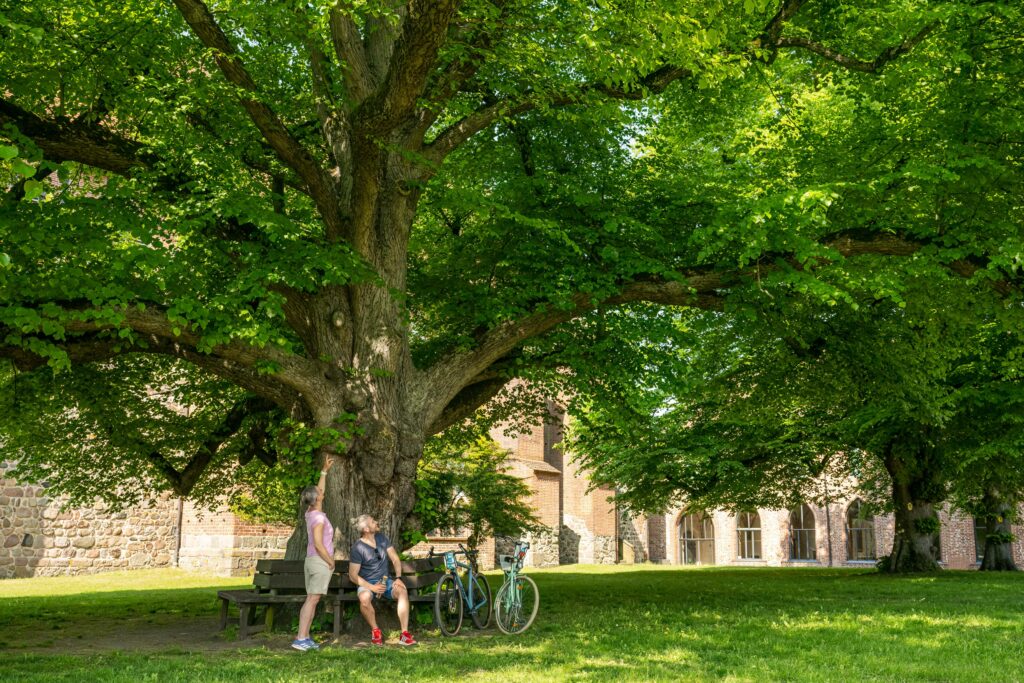
Which motto takes you through the day?
‘Impossible’ is not an option! My focus is always on finding good creative solutions for every situation and challenge. One thing I’ve learnt is that you should always also see things from the other side. I have a highly motivated team. We all have great fun with our work, we see the results of what we do quite promptly, and everyone can be actively involved. We are able to initiate and implement many very practical things and contribute to the holistic development of Mecklenburg-Schwerin. Our region has huge potential, but will need far more support in future to drive the inland state forward, in terms of infrastructure, product development, digitalisation or also accessibility.
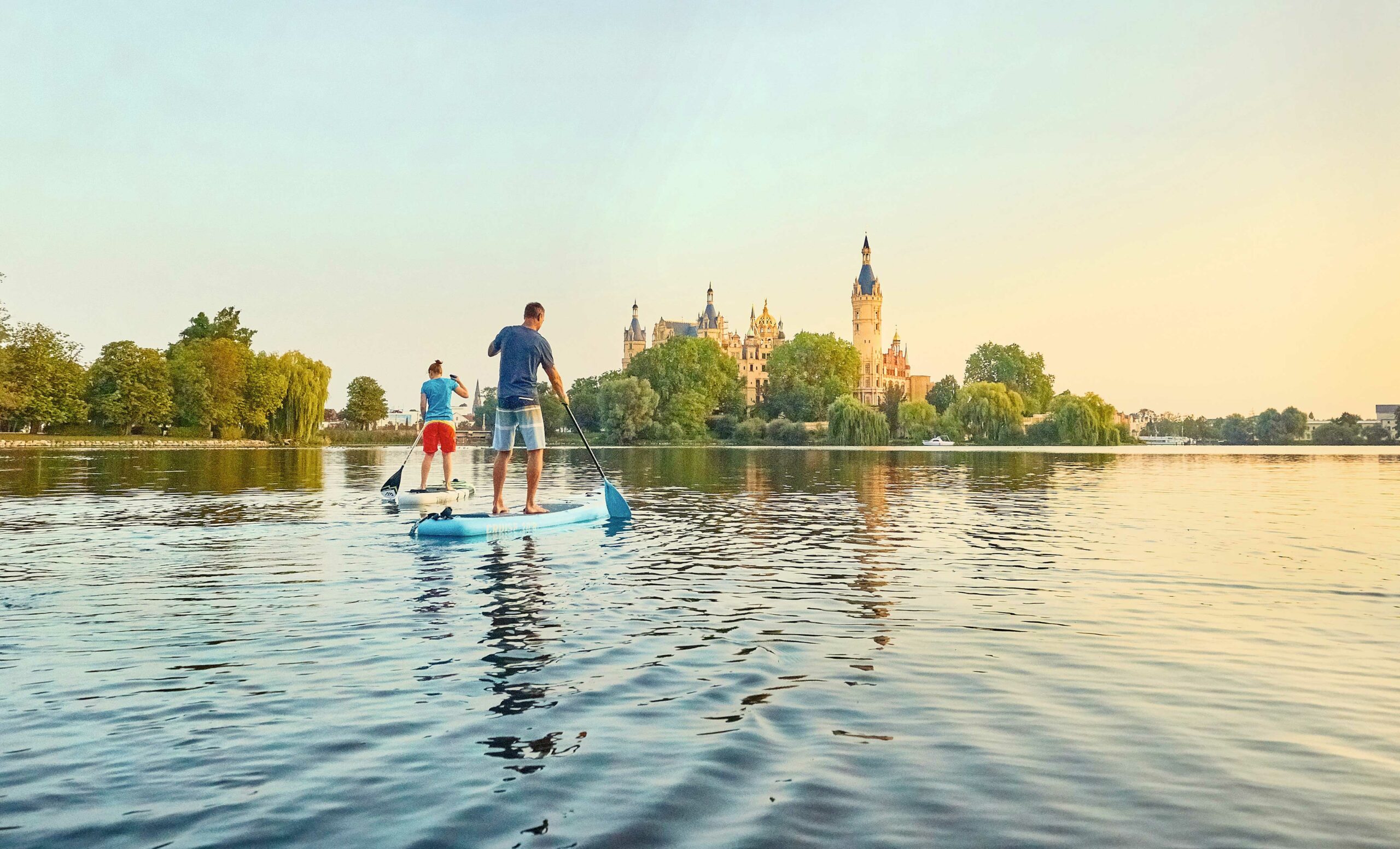
About Martina Müller
Implementation management for our regional tourism strategy currently includes the ‘Castles, Culture and Pleasure’ project. The aim is to devise themed adventure routes that link smaller adventure areas. The focus is on developing a castle adventure and pleasure route, particularly for cyclists. Another project called ‘Art-Adventure-Nature’ aims to devise a new leisure tourism option for families in natural surroundings, with further networking of regional providers, as well as enhancing the region’s appeal and boosting local value creation. The inter-regional and inter-municipal tourism project ‘S³ – Se(h)en – Shopping – Spaß’ (sight-seeing/lakes – shopping – fun) has been running now for about three years. The aim is to elaborate the potential of the whole region and of the individual municipalities and towns. The topics are grouped together in key projects, dealing with implementation management, development of the tourism infrastructure, development of offerings and uniform marketing. Numerous key projects have been initiated, such as establishing the inter-municipal task force, setting up uniform market research, an overarching system of cycle paths and steering the development of the existing overall infrastructure. In 2024, the emphasis is on optimising the website, the themed routes and an AI campaign about ‘the joy of the outdoors’. The Manufactory Route 2.0. is currently going through the planning process.
At the end of July 2024, Schwerin Residence Ensemble was inscribed in the UNESCO World Cultural Heritage list. This is a great honour for the city, and at the same time an obligation to take great care of the altogether 38 historical buildings and landscape elements in Schwerin city centre. Under this new premise, all projects will be reviewed again and we will develop a sustainable tourism concept.

